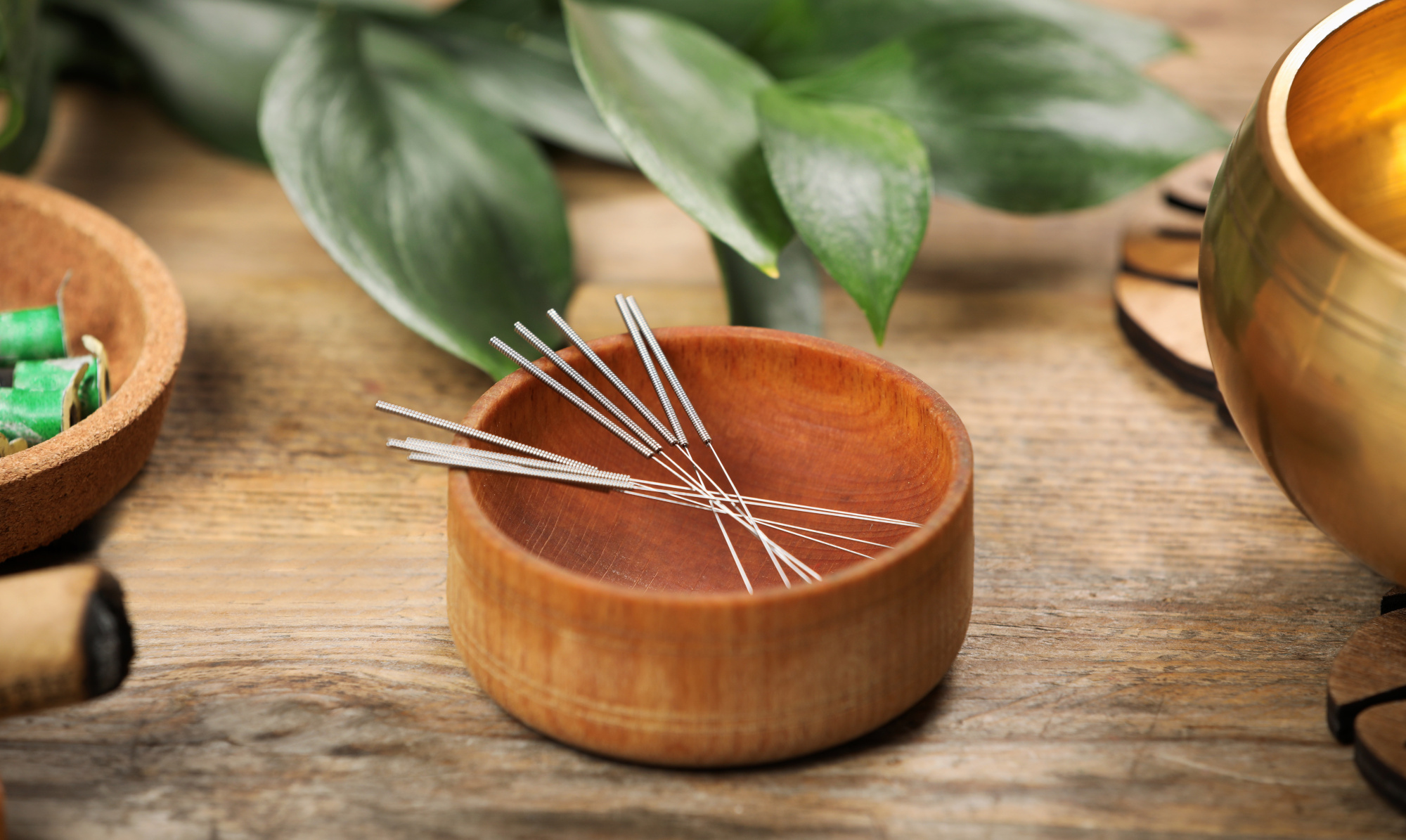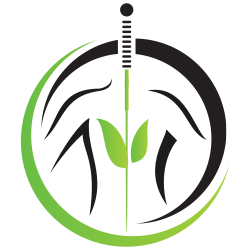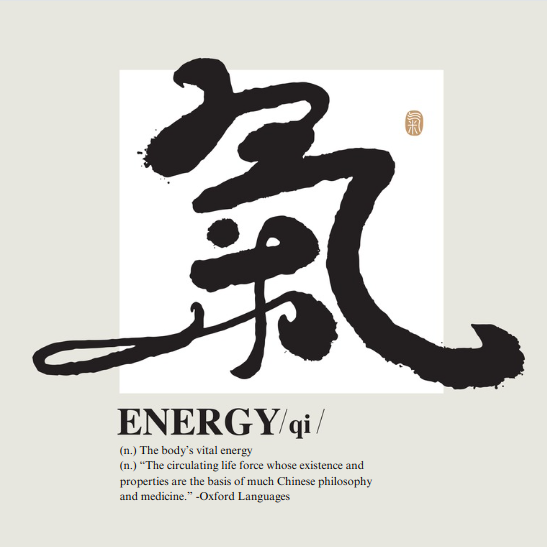
In Traditional Chinese Medicine, we view Qi as being the body’s vital energy and source of life. A healthy abundance and harmonious flow of Qi through our bodies lead to optimal blood flow/circulation, good digestion, and ATP (adenosine triphosphate) production so that our cells have all the vital energy they need to function at their best! Our Qi is extracted from our environment – from the air we breathe, to the food we consume. Many factors, including malnourishment, poor dietary habits, and emotional stress can lead to Qi stagnation and/or Qi deficiency.
Qi Stagnation
Effects on the Liver Organ System
Qi stagnation is the blockage of the proper flow of energy in the body. Emotional and mental stress – including our everyday stress – can wreak havoc on the harmonious flow of Qi. The Liver organ system, in particular, is greatly affected by Qi stagnation from a TCM point of view, and because it governs over one’s tendons and ligaments as well as general hormonal and neuroendocrine function, individuals with Qi stagnation may suffer from chronic musculoskeletal tension and pain or hormonal imbalance due to such disharmony. PMS (premenstrual syndrome), PMDD (premenstrual dysmorphic disorder), irregular menstrual cycles, premenstrual or ovulatory cramping and pain, and hormonal headaches are common symptoms of Liver Qi stagnation. This disruption of the interconnected flow of energy in the body results in increased friction, heat, and therefore inflammation. Furthermore, Qi and Blood are intrinsically linked. Qi stagnation precipitates blood stagnation, thereby affecting our proper circulation and blood flow.
Restoring the Harmonious Flow of Qi
The regular implementation of the following simple but effective practices into your life can restore the proper flow of vital Qi, or energy, through the body:
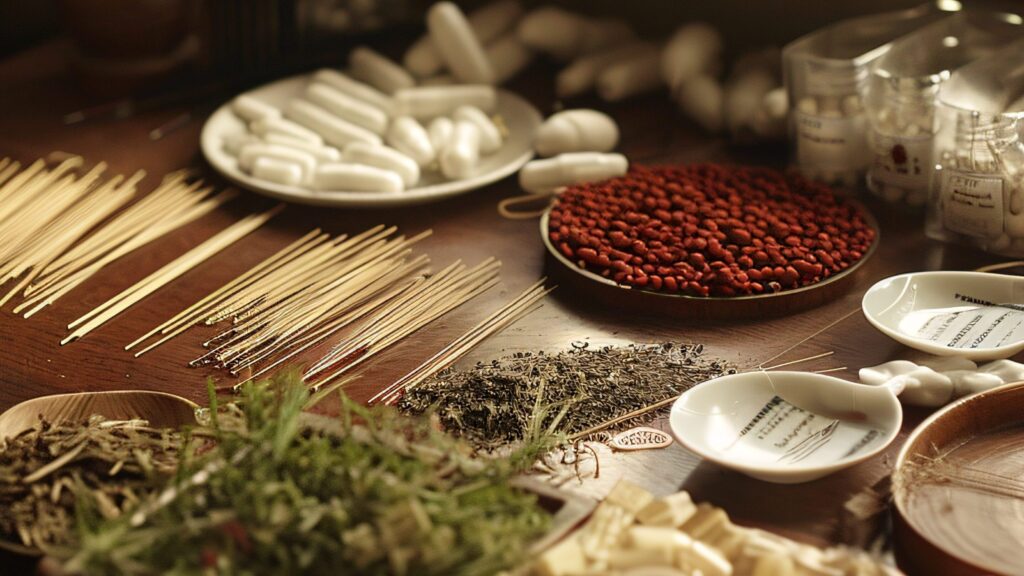
Regular acupuncture treatments. The impact of stress on the body cannot be overstated: increased cortisol levels, increased inflammation, weight gain, neuroendocrine dysfunction, hormonal imbalance, impaired immune function, and increased susceptibility to colds, infections, and viral attacks. These are just a few of the symptoms that I see in patients whose bodies function at a state of chronic high stress, whether it be due to their jobs or lifestyles or emotional environment. Acupuncture is one of the most effective and natural ways to switch the body from a fight-or-flight sympathetic state to a relaxed parasympathetic state, decrease inflammation, soothe the nervous system, and regulate neuroendocrine and hormonal function. In addition, treating acupuncture points along the Liver channel, Gallbladder channel, Spleen channel, and related channels can address PMS and hormonal imbalances, thereby maintaining the regulation of the neuroendocrine system.
Moderate exercise is an excellent way to relieve stress, move stagnant Liver Qi, and improve circulation. However, excessive exercise can lead to Qi depletion, so be careful not to overexert yourself. Exercise and movement should leave you feeling refreshed and energized, not tired and depleted. Yoga, Qi Gong, and Tai Ji Quan are all gentle, excellent ways to move and harmonize the flow of Qi through the body.
Meditation. Incorporating 15 to 30 minutes of daily meditation can have profound effects on the nervous system and cardiovascular health, as well as relieve stress. From a TCM perspective, meditation is great for soothing Liver Qi stagnation and thereby can improve hormonal health, musculoskeletal health, and all symptoms associated with Liver organ function.
Optimal/nutritious diet. The Liver in Chinese medicine belongs to the Wood element, which is related to the Spring season and corresponds with growth and movement. Besides having an important role in our hormonal functioning and emotional well-being as discussed above, its functions also include detoxification, storing of blood and nutrients, and the synthesis of our proteins, hormones, and other important compounds that result from the digestion of our foods. Below are foods which help promote optimal Liver function and prevent Qi stagnation:
- Protein is essential. Moderate intake of meat, particularly red meat from bison or grassfed beef, help support the liver’s synthesis of proteins and blood reserves.
- Vegetables that are great for Liver function include broccoli, kale, collard, chard, bok choy, celery, kohlrabi, parsley, and asparagus.
- Bitter greens like dandelion, chicory, endive, radicchio, broccoli rabe, and bitter melon, and sprouted greens (often called microgreens) are particularly good for assisting in the cleansing and detoxifying functions of the liver and clearing Liver heat.



Qi Deficiency
Effects on Spleen Qi, Digestion, and Immune Function
Qi deficiency, on the other hand, can negatively affect our Spleen Qi – or our bodies digestive function – and our Wei Qi, which prevents us from getting sick and represents our overall immune function. Malnourishment, excessive eating habits, or over-exhaustion of both the mind and body are contributing factors to Qi deficiency which may ultimately cause lethargy, fatigue, and compromised immune function. Thus, proper nutrition is crucial to support healthy Spleen Qi and digestive function so that nutrients can convert to ATP and provide energy for the cells in our bodies to operate at their peak. Liver Qi stagnation (as described above) can also lead to Spleen Qi and Wei Qi deficiency, so it is important to address Liver Qi stagnation issues when trying to support and nourish the body’s Qi reserves.
Nourishing the Body’s Qi Reserves
Besides the recommendations listed above for harmonizing the flow of Qi, below are recommendations for tonifying and nourishing Qi:
- Proper Nutrition: Incorporate a wide variety of unprocessed fruits, vegetables, and whole grains into your diet, as well as adequate protein from seafood, vegetable sources like beans and legumes, and organic, grass-fed and/or pasture-raised animals. Minimize foods that can compromise healthy Spleen Qi. This includes foods that you are sensitive or allergic to, as well as greasy, fried foods, spicy foods, refined or processed foods and beverages, refined sugar or carbs, alcohol, and caffeine.
- Chinese herbal medicine. Traditional Chinese herbs and herbal formulas have been used for thousands of years to help support healthy Spleen and digestive function, energy, and immune health. Many Chinese herbs have adaptogenic qualities, thus helping to support healthy adrenal function. For example, herbs such as Huang Qi (Astragalus) and Ginseng have been shown to have adaptogenic and immune enhancing effects. However, the prescription for Chinese herbal teas has to take into account a person’s entire health history and other co-existing symptoms, so it’s best to speak with a licensed practitioner if you decide to take Chinese herbal medicine to improve your energy and harmonize your health.
- Get adequate rest and sleep. It cannot be emphasized enough how important sleep is to our mental and physical well-being. It affects our metabolism, hormone function, mood, cognitive function, and cardiovascular health. Studies have shown that not getting adequate sleep can cause dyslipidemia and subsequent cardiovascular disease. It has also been associated with obesity and weight gain, diabetes, and inflammation. While sleep needs vary from individual to individual, in general one should aim to get around 7 to 9 hours of sleep each night and wake up feeling refreshed. Practice good sleep hygiene such as removing screens from the bedroom, exercising regularly during the day, and having a consistent and relaxing bedtime routine.
Summary
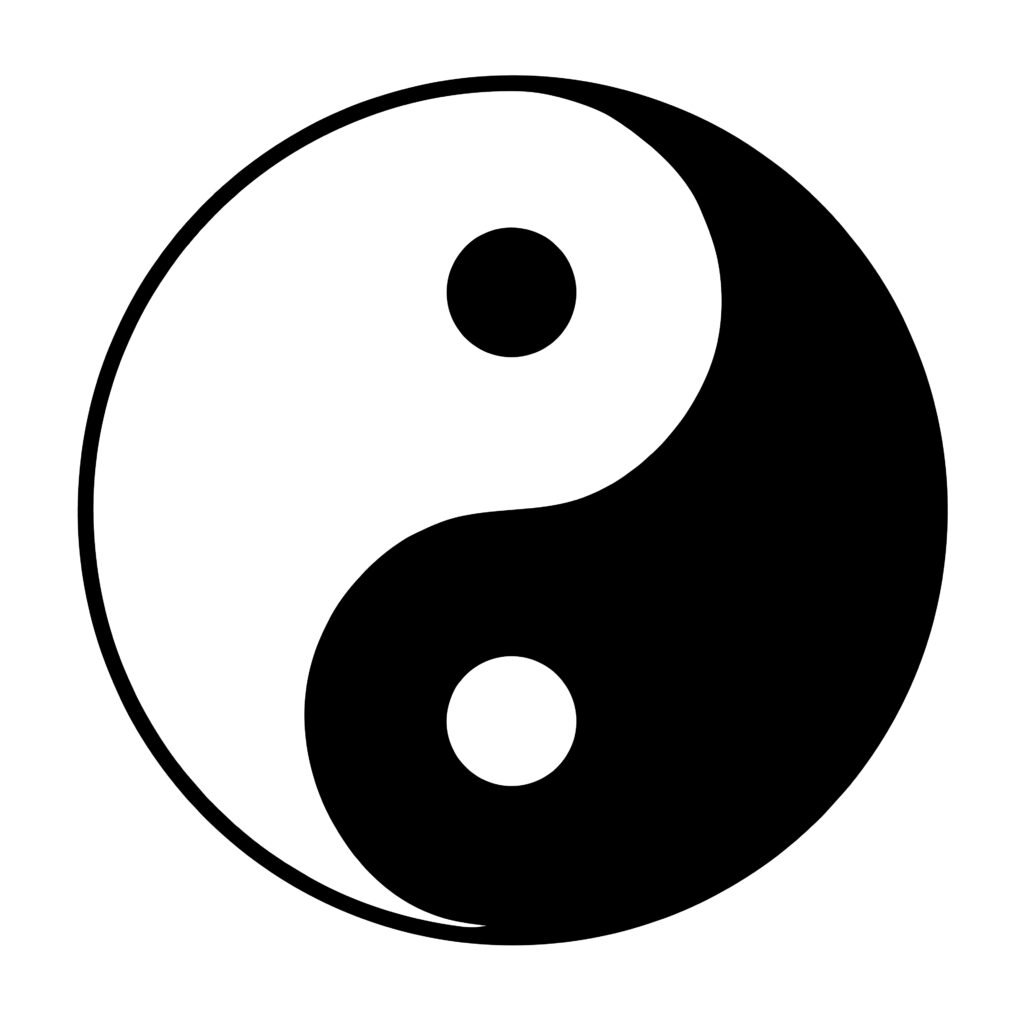
“Qi” is a central concept in traditional Chinese medicine and philosophy, often translated as “vital energy” or “life force.” It flows through the body, maintaining health, vitality, and balance. When this flow is disrupted (Qi stagnation) due to factors such as stress, poor diet, or lack of physical activity, one may experience musculoskeletal pain, hormonal imbalance, fatigue, and digestive issues. Qi deficiency, on the other hand, can lead to such issues as fatigue, weakness, lethargy, poor digestive function, and a weakened immune system. Qi deficiency can arise from mental or physical exhaustion, poor nutrition and dietary habits, or lack of rest and sleep. Besides lifestyle and dietary changes, acupuncture and Chinese herbal medicine can further help to support and restore the proper flow of Qi, leading to overall enhanced vitality and longevity.
We wish everyone healthy, flowing Qi!
